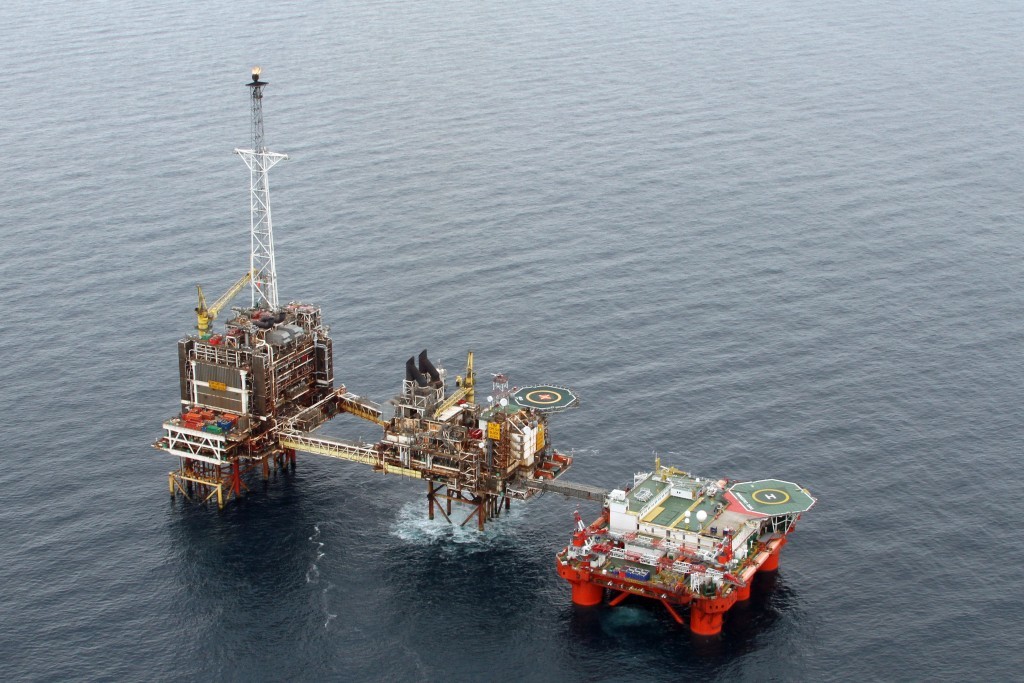
An historic agreement between OPEC countries and other oil producers to reduce their output won’t be enough to nudge crude prices above $60 a barrel this year, according to energy lender Arab Petroleum Investment Corp.
Consumer countries have built up large stockpiles of crude during nearly three years of low prices, and U.S. shale production is rebounding as prices have recovered since OPEC reached the production deal November. That means the process of balancing the market will take at least until the second half of this year, the company known as Apicorp said Monday in a report.
The inability to balance the market in the first half of the year will mean the Organization of Petroleum Exporting Countries should extend the six-month deal, which took effect on Jan. 1, for the rest of the year, it said. OPEC meets in Vienna on May 25.
“While oil prices are expected to recover toward the end of the year, they will remain in the $50-$60 band given the high level of stocks,” Apicorp said. “We expect OPEC to maintain the agreed production quota at around 32.5 million barrels a day for the rest of the year.” Brent crude was trading at about $51 a barrel at 10:26 a.m. in Dubai.
OPEC will extend the deal if stockpiles are still above their five-year average, Saudi Arabia Energy Minister Khalid Al-Falih said in an interview with Bloomberg Television last week. As OPEC’s largest producer, the kingdom acts as the group’s de facto leader. Still, any deal or measure needs the unanimous support of all members to pass; the group’s second- and third-largest producers Iraq and Iran also carry significant clout.
Apicorp, based in Dammam, Saudi Arabia, is owned by the 10 member states of the Organization of Arab Petroleum Exporting Countries, with Saudi Arabia, Kuwait and the United Arab Emirates each holding 17 percent, according to its website.
Recommended for you
